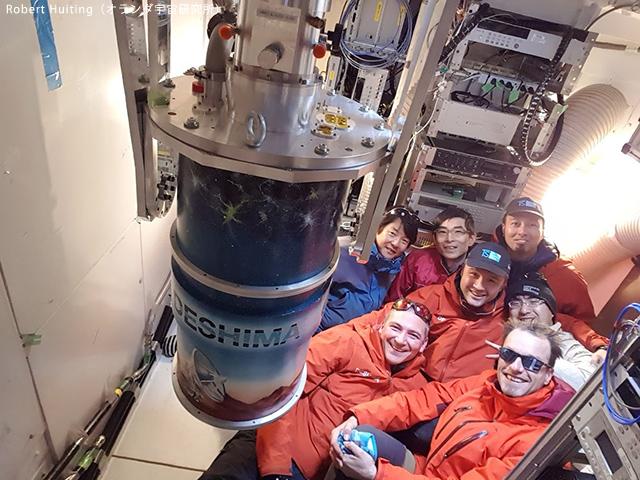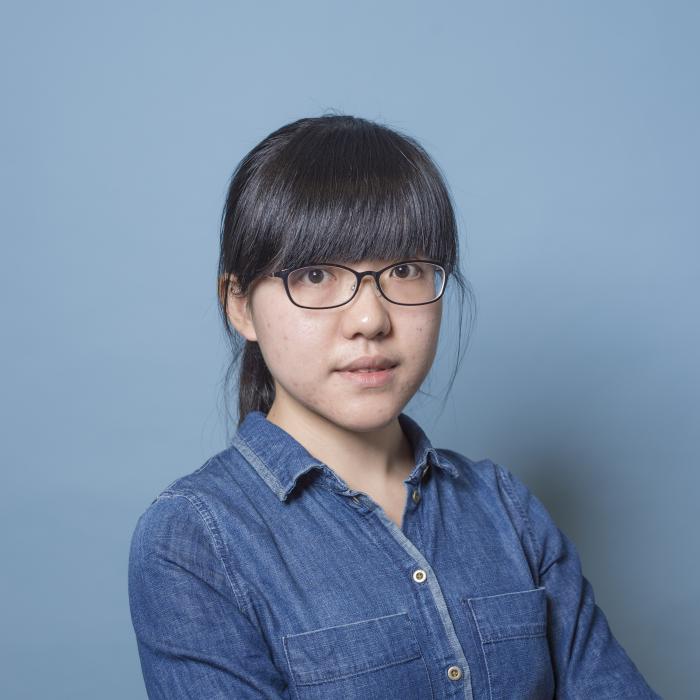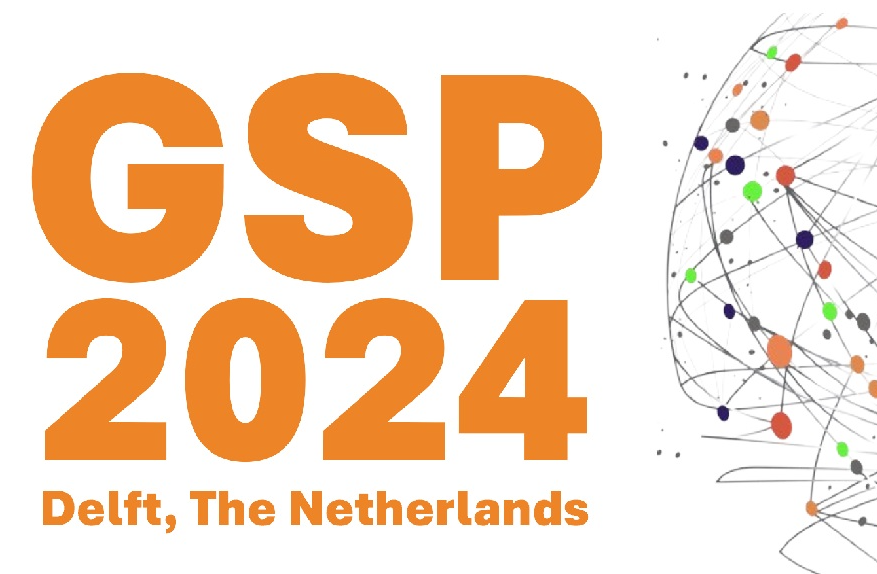Agenda
Signal Processing Seminar
- Thursday, 3 October 2019
- 13:30-14:30
- HB 17.150
A Data Scientific Approach to Efficient Submillimeter Astronomical Spectroscopy
Akio TaniguchiNagoya University, Japan

Astronomical data have become huge, as a result of recent advances in wide-field and wide-band instruments. To efficiently extract astronomical signals from observations using these instruments, data scientific approaches are essential. In the (sub)millimeter waveband, spectroscopy with ground-based single-dish telescopes is the best method for surveying interstellar molecules and atoms. However, such observations are not efficient yet, because they always suffer from the intense and time-varying atmosphere of the Earth.
In this talk, I present a statistical method to remove the atmospheric emission from a large spectroscopic dataset by using its intrinsic frequency correlation or spectral shape. As an application, I introduce a recent development of frequency modulation (FM) spectroscopy, which is three times more efficient than a conventional method [1]. As a collaboration with TU Delft, I introduce another application of spectral-cleaning for an ultra-wide-band (UWB) spectrometer DESHIMA [2]. Grasping the UWB atmospheric characteristics by using our data analysis software [3], it removes atmospheric effects on an astronomical spectrum much better than a conventional method.
[1] Akio Taniguchi, Yoichi Tamura et al., "A new off-point-less observing method for millimeter and submillimeter spectroscopy with a frequency-modulating local oscillator (FMLO)", submitted to Publications of the Astronomical Society of Japan (2019)
[2] Akira Endo, Kenichi Karatsu, Yoichi Tamura, Tai Oshima, Akio Taniguchi, ..., Jochem J. A. Baselmans, "First light demonstration of the integrated superconducting spectrometer", Nature Astronomy (2019), Advanced Online Publication https://rdcu.be/bM2FN
[3] Akio Taniguchi, Tsuyoshi Ishida, "De:code - DESHIMA code for data analysis", DOI 10.5281/zenodo.3384216

Agenda
- Mon, 6 May 2024
- 12:30
- Aula Senaatszaal
PhD Thesis Defence

Christoph Manss
Multi-agent exploration under sparsity constraints
- Tue, 21 May 2024
- 10:00
- Aula Senaatszaal
PhD Thesis Defence

Wangyang Yu
- 27 -- 28 May 2024
- Aula, TU Delft
Conferences

44th Benelux Symposium on Information Theory and Signal Processing (SITB'24, Delft)
- Tue, 18 Jun 2024
- 15:00
- Aula Senaatszaal
PhD Thesis Defence

Hanie Moghaddasi
Model-based feature engineering of atrial fibrillation
- Mon, 24 Jun 2024
- Aula, TU Delft
Conferences
